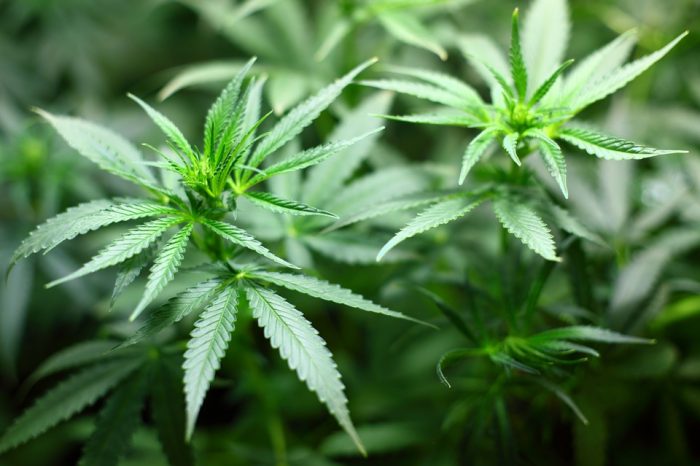Much has been written online about Cannabis and how it supposedly helps cure cancer. However, many of the information available are confusing and oftentimes misleading.
This is especially frustrating for those of us who are, unfortunately, suffering from the Big C. All we want is to find a cure for this dreaded disease and we tend to cling to whatever we find that gives us hope. However, before you go ahead and start planting your own autoflowering Cannabis seeds, it’s important to know some important facts.
What is Cancer?
The National Cancer Institute defines cancer as a name given to a collection of related diseases wherein the body’s cells start dividing without stopping and spreading into surrounding tissues.
It is normal for human cells to grow and divide, with old or damaged ones dying and new ones taking their place. However, this order breaks down when cancer develops with old or damaged cells surviving and new ones forming when not needed. Tumors can eventually form when the extra cells divide without stopping.
Cancer is a genetic disease caused by certain changes to the genes. It can be inherited from our parents but can also be acquired during a person’s lifetime as a result of cancer-causing environmental exposures.
There are many different types of cancer. Several types of treatments are available as well, but these depend on the type of cancer you have and how advanced it is. One controversial form of cancer treatment is called Cannabinoid Therapy.
What is Cannabis?
Cannabis, more popularly known as marijuana, come from the dried flowering tops, leaves, stems, and seeds of the hemp plant. It has been used for medicinal purposes for thousands of years. However, this drug comes with many health concerns.
The cannabis consists of many components. One of them is called CBD, which is just one of at least 120 cannabinoids found in Cannabis. CBD is said to relieve severe pain, inflammation, nausea, and chronic conditions. The effects of the other 120 cannabinoids are still mostly unknown.
Another key component is delta-9-tetrahydrocannabinol or THC, which is a key mind-altering substance that affects areas of the brain that control memory creation and attention and may also cause dependency and addiction.
Here are some important information you need to know about using Cannabis for cancer.
- Cannabis is classified as a Schedule 1 drug.
Marijuana is commonly used as an illicit drug and because of this, it is classified as a Schedule 1 controlled substance. This category is for substances that have a high potential for abuse and no accepted medical purpose.
The U.S. Food and Drug Administration specifically has not approved Cannabis as a treatment for cancer or any other medical condition. This is despite the legalization of medical marijuana in other parts of the world wherein doctors and caretakers use it to treat cancer-related side effects.
- Possession of Cannabis is illegal in the United States.
Except within approved research settings, the possession of Cannabis is illegal in the US according to Federal Law. However, a few states have already decriminalized the possession of marijuana in small amounts.
Presently, thirty-three states and the District of Columbia have already passed laws to broadly legalize marijuana in some form. Ten states, including Alaska, California, Colorado, Maine, Massachusetts, Michigan, Nevada, Oregon, Vermont, Washington and the District of Columbia have also adopted the most expansive laws in legalizing the recreational use of marijuana.
As for medical marijuana, most states allow it for limited use under specific circumstances only, with types of medical conditions varying from state to state. Some states allow people to possess Cannabis only for select medical illnesses while others like Louisiana only allow Cannabis-infused products like oils or pills.
- Cannabinoids may have benefits in the treatment of cancer-related side effects.
There are cannabinoids that are approved drugs available commercially for this purpose. However, there are studies that have been conducted that seem to show that cannabinoids can do more than that. A study shows that they may also inhibit tumor growth by blocking cell growth and causing cell death. It also blocks blood vessels from developing which is what tumors need to grow. Studies have also been conducted on the effects of using Cannabis on the treatment of PTSD and pancreatic cancer among others, that show promising results.
- Research about Cannabis and its potential effects on cancer is needed.
While there have been studies made regarding Cannabis as a cure for cancer, the Worldwide Cancer Research believes that there is not enough scientific evidence yet to back these claims. In spite of decades of cancer research, a lot more has to be conducted because of the complexity of the disease.
For now, if you are looking into using Cannabis to treat cancer, take note that it is still relatively new. Before pursuing cannabinoid therapy, do your research and work with a professional healthcare provider who is well-trained in this area.












Read 0 comments and reply